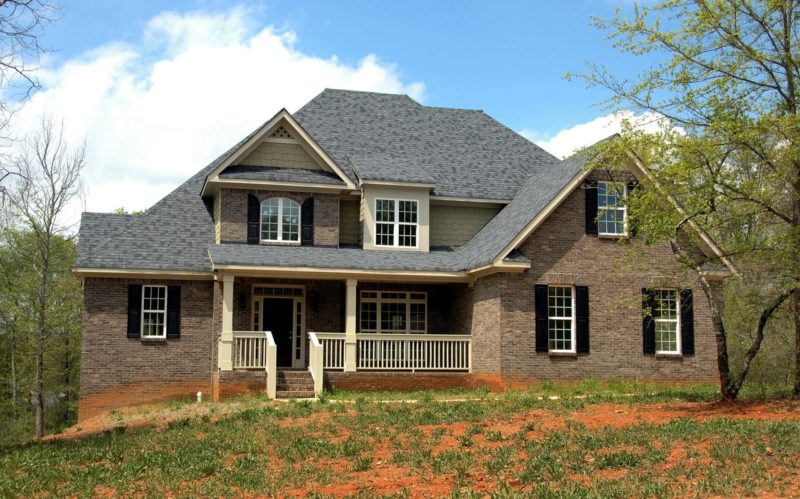How to Tell Which Roofing Type is Best for Your Home
As a homeowner, one of the most important investments you can make is in your home’s roof. A good quality roof not only enhances the aesthetics of your home, but also provides security, protection, and insulation. With so many roofing options available, how do you decide which type is right for your home? This article provides a comprehensive guide on how to tell which roofing type is best for your home.
The first step is to evaluate the climate and geographical location of your home. If you live in an area that experiences heavy rainfall or snowfall, you might want to consider a roofing type that has good water resistance and can withstand harsh weather conditions. Metal roofs, for example, are excellent for this purpose since they are incredibly durable and can last for up to 50 years. They are also resistant to fire, wind, and hail, making them a great choice for homeowners who are looking for long-lasting protection.
If you live in an area that experiences high temperatures and harsh sunlight, you might want to consider installing an energy-efficient roof. These roofs are designed to reflect sunlight and reduce the amount of heat absorbed into the house, reducing your energy bills. Asphalt and metal roofs are good options for energy efficiency, and depending on the color, can reflect up to 70% of sunlight.
Another factor to consider is the style and design of your home. Roofing types come in a variety of styles, including traditional shingles, clay tiles, flat roofs, and modern green roofs. It is important to choose a roofing type that complements the architectural style of your home. If you have a classical or historical-style house, you might consider clay tiles, which are a popular roofing material for Mediterranean and Spanish-style homes.
The cost of the roofing type is also a critical factor to consider. Some roofing materials are more expensive than others, but they also offer better protection and insulation. Metal roofs, for example, are more expensive than asphalt shingles, but they last longer and require less maintenance. It is essential to balance the cost against the quality and durability of the roofing material to ensure that you make the best investment for your home.
Lastly, it is important to work with a licensed and experienced roofing contractor. They can advise you on the best type of roofing material for your home based on the factors discussed above. They can also provide a detailed estimate of the cost and timeline of the roofing project.
In conclusion, choosing the right roofing type for your home requires careful consideration of the climate, style, and cost. By understanding the factors that affect roofing types, you can make an informed decision that provides protection, beauty, and value to your home. With the right roofing material and the right contractor, you can enjoy a beautiful and secure home for years to come.












